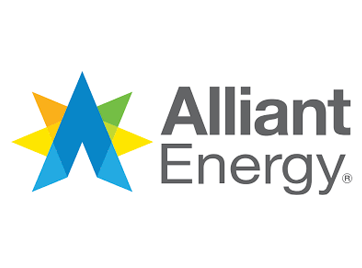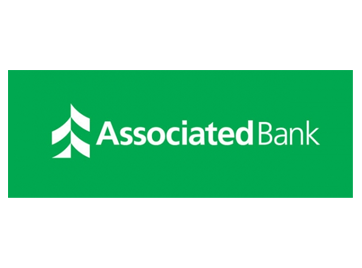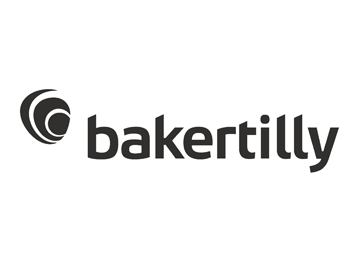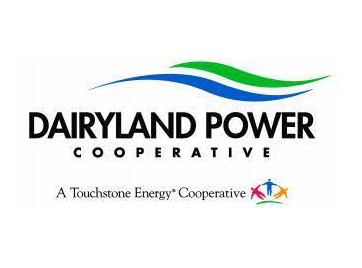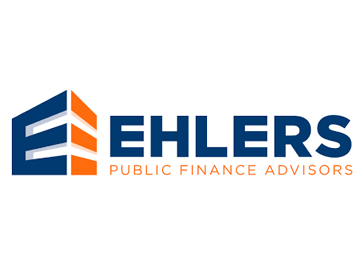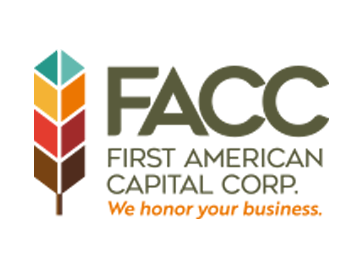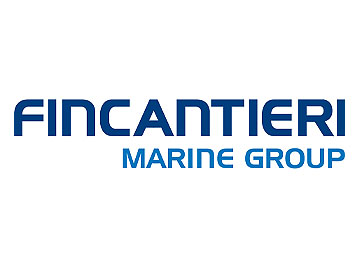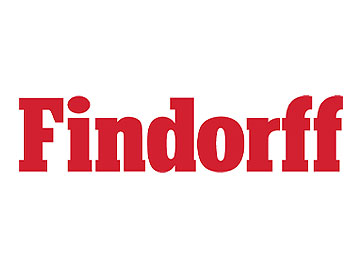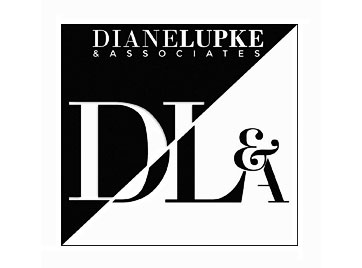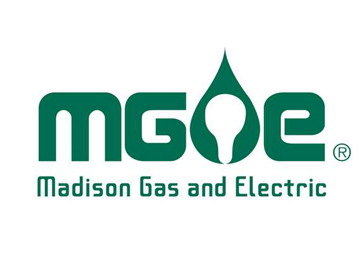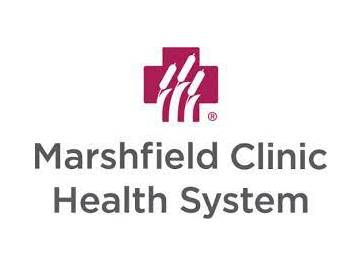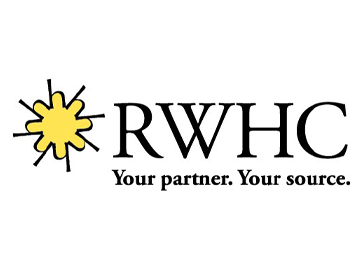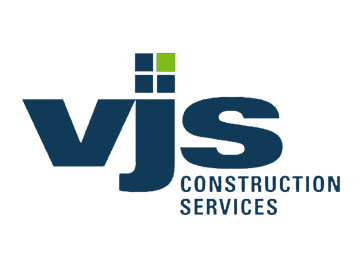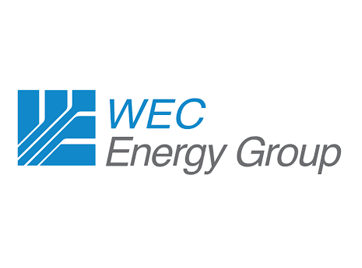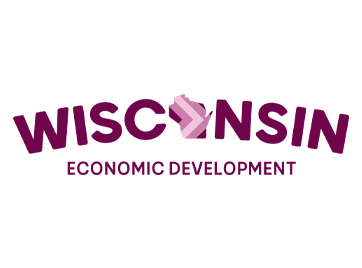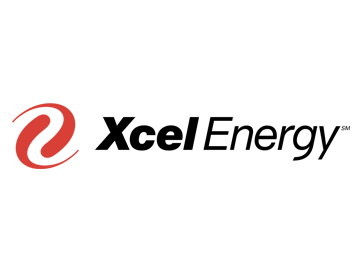Legislative Study Committees Continue to Work on Key Economic Development Issues
Although it’s the height of election season, legislative work is still taking place under the Capitol dome. In fact, special legislative study committees tasked with examining and offering solutions to challenging 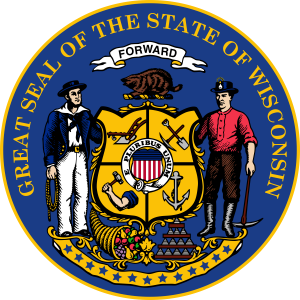 issues facing the state continue to meet with the goal of finishing their work by the end of the year. The committees are comprised of lawmakers and citizen members with expertise in the issue areas being studied.
issues facing the state continue to meet with the goal of finishing their work by the end of the year. The committees are comprised of lawmakers and citizen members with expertise in the issue areas being studied.
Of the ten study committees created this cycle, two are of great interest to WEDA – the Study Committee on Property Tax Assessment Practices, which is investigating potential solutions to the dark store issue, and the Study Committee on the Investment and Use of the School Trust Funds, which is considering changes to the State Trust Fund Loan program. Both committees are charged with recommending legislative proposals that will be introduced and considered by the full Legislature during the 2019-20 session.
The “dark store” study committee has meet three times since August. At the September meeting, WEDA member and West Allis Community Development Manager Patrick Schloss presented before the committee to educate members on the importance of tax incremental financing (TIF) as a tool for local economic development and how property tax assessment appeals on property within a TIF district using the dark store theory can create serious financial risks for TIF districts. He also expressed WEDA’s support for legislation to close the dark store loophole in Wisconsin.
At the October 9 meeting of the study committee, the following potential legislative recommendations were discussed and debated by the committee:
- Shift the assessment of commercial property to the county level. The thought behind the idea is county level assessment of complex commercial property would increase proficiency and uniformity. However, this proposal was essentially rejected by the committee, citing opposition from municipalities and other stakeholders.
- In an effort to address assessment challenges created by build-to-suit properties, triple-net leases, and sale-leaseback transactions, require assessors to rely on estimates of property value filed by a taxpayer for specified investment purposes. The proposal could also establish a presumption that such specified filings represent the market value of the real estate, unless proven otherwise. Other filings could include Imputed value for purposes of income tax, real estate transfer tax returns, securities filings, and real estate asset disclosures reported to shareholders.
- In many dark store assessment disputes, municipalities chose to settle out of court – despite having a strong case against the property owner – as they don’t want to incur litigation costs. Current law requires the municipality to cover all legal costs, while other taxing jurisdictions (e.g., counties; school district; and tech college districts) are not required to contribute to the legal effort. The committee agreed to draft a potential legislative recommendation to require ALL taxing jurisdictions to pay for legal costs associated with property tax appeal cases. The idea is that if municipalities have financial support for legal representation from other taxing jurisdictions, they may be more likely to defend dark store lawsuits in court, and less likely to settle. In turn, commercial property owners may be less likely to bring a lawsuit.
The Study Committee on the Investment and Use of the School Trust Funds has also met three times over the past several months and has had broad discussions on the State Trust Fund Loan (STFL) program administered by the Board of Commissioners of Public Lands, including the effect of the program on the overall return achieved by the school trust funds, how the program impacts private lending to municipalities, and the extent to which municipalities should be able to use the program. WEDA supports the STFL program as a critical financing tool for local economic development projects across the state and is concerned about some of the potential legislative proposals the committee is discussing. Potential legislation the committee may recommend includes the following:
- Under the STFL program, municipalities can take out a 20-year loan. If a municipality receives financing from a private financial institution, they are limited to a 10-year loan. The committee may consider a proposal to allow municipalities to take out loans from a private financial institution for up to 20 years.
- Require STFL loans to impose a pre-payment penalty, which is currently not required.
- Create a maximum amount of funding (e.g., $ 1 million) that can be provided by a STFL loan.
- Implement an interest rate indexing formula for STFL loans.
- Reduce documentation and paperwork for loans provided by private financial institutions to municipalities.
Both committees will meet again prior to the end of the year to complete their work and make final legislative recommendations to the Legislature. The WEDA Government Affairs Team will continue to monitor the progress of each committee and keep WEDA members informed on the latest developments in future editions of Political News and Notes.


